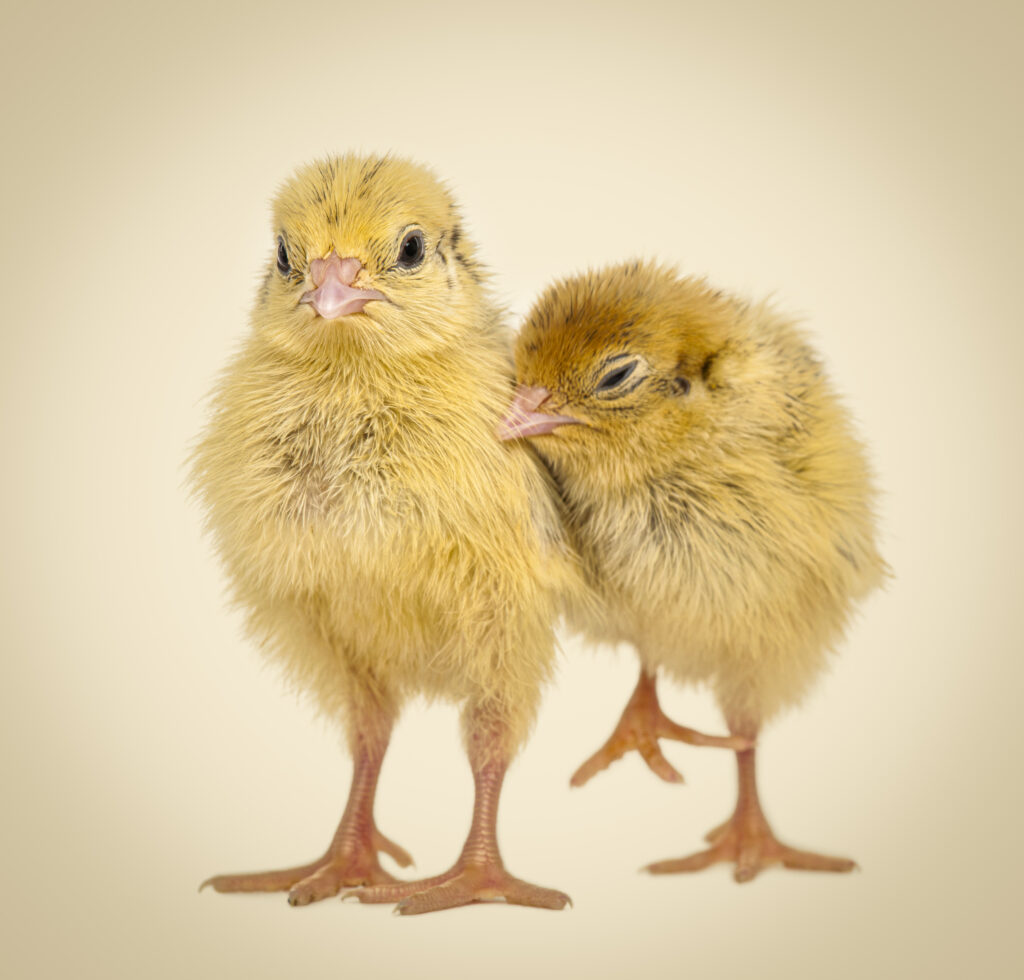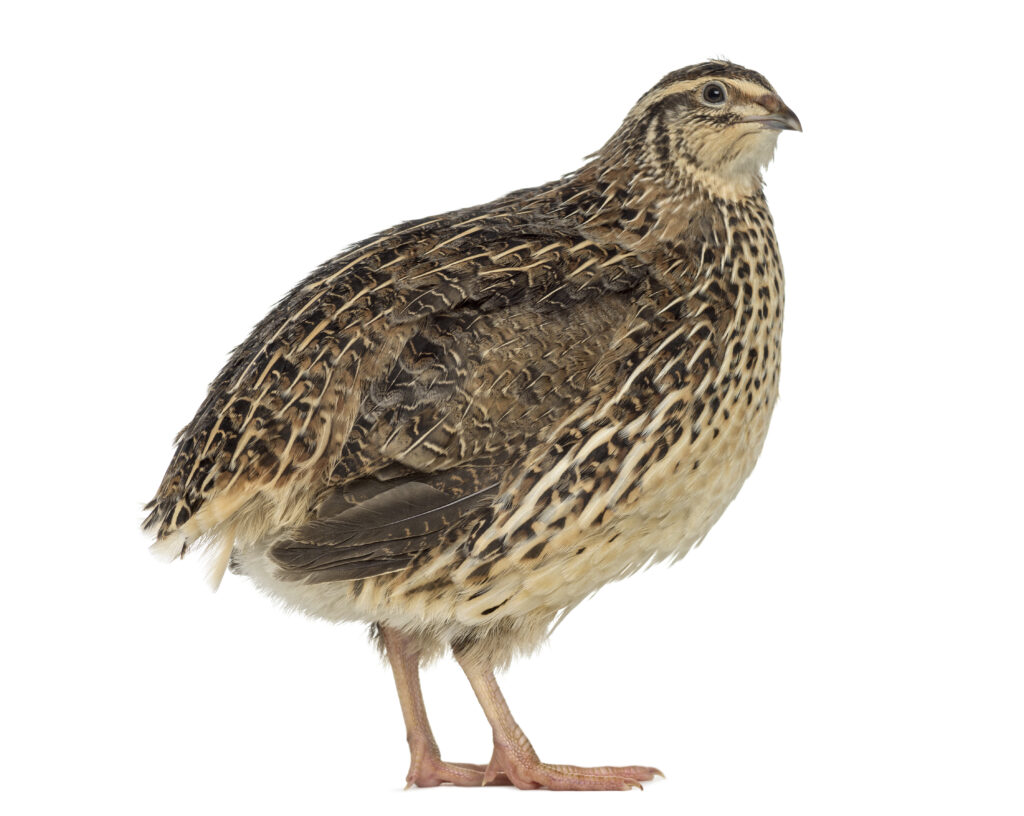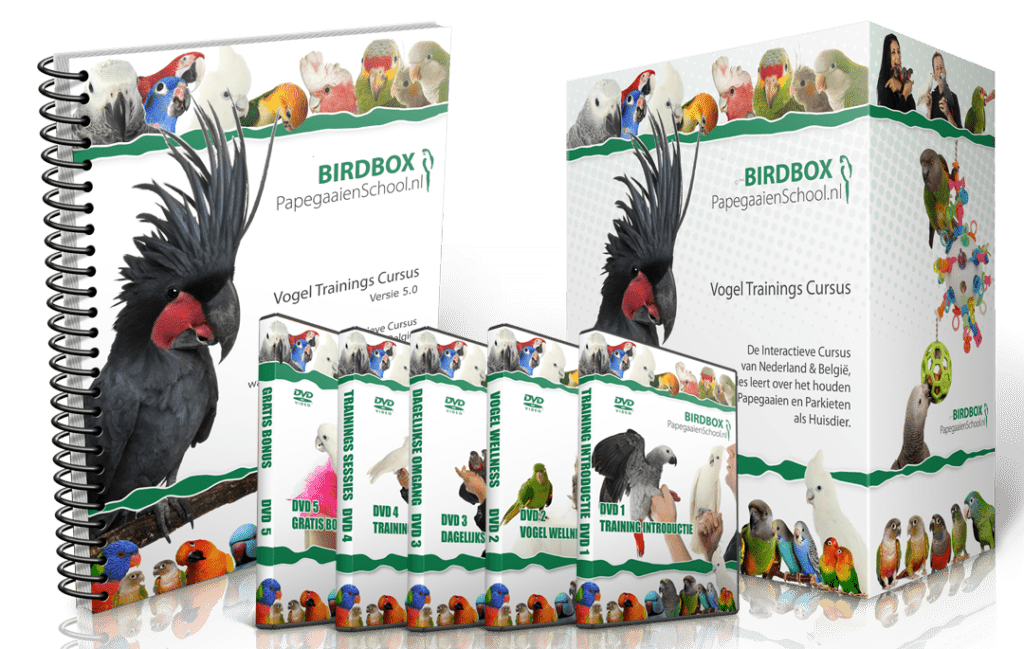Japanese quails are small birds with a beautiful appearance. They are popular pets because they are relatively easy to care for and generally gregarious and sweet. A common question asked by owners of these lovely creatures is “How old do Japanese quails live?”. In this article, we explore that answer.
We know that Japanese quails are small animals by nature and they usually grow to only 6-7 inches in length. They usually live about 2-4 years in captivity, but some are lucky enough to live much longer, with some reaching up to 7 years old!
However, it is difficult to predict exactly how old a specific quail will live as several factors are involved such as proper care, nutrition, genetic factors and environmental conditions in which the bird resides here and there.
So if you are interested in owning a Japanese Quail, you may choose to adopt someone who is a little over 5 years old, or maybe 2 or 3 years younger – at least you know you own a healthy breed. copy!
Lifespan of the Japanese quail
The Japanese quail is a small, hardy bird, with an average lifespan of 2 to 3 years in the wild. However, depending on its environment and other factors, it can live up to 5 or 6 years, or even longer in captivity.

A good diet high in nutrients and low in fat helps Japanese quail stay healthy, while exposure to temperature extremes and stress can shorten its lifespan.
Certain diseases can also affect the lifespan of these birds, so owners should keep their quail away from sick animals or areas known to be home to pests.
In addition, providing plenty of space and stimulation can lead to a more active and interesting life for Japanese quail and a longer lifespan.
Diet and nutrition
Proper nutrition is essential to the health and longevity of a Japanese quail as it plays an important role in all stages of life.
Quail should be fed a high-quality laying pellet or crumb mix that contains protein, vitamins and minerals. In addition, some vegetables should be included in the diet for a change, such as leafy vegetables, broccoli, carrots and pumpkin.
If possible, the quail should also have daily access to fresh water. As an enrichment, treats such as fruit or mealworms can be given occasionally.
Finally, it is important to ensure that the quail is getting enough calcium, as this is essential for strong bones and healthy egg production.
Housing conditions
As far as housing is concerned, the ideal situation is a large aviary with plenty of room for the quail to move. A secure hutch also provides shelter and protection from predators.
Quail need a place away from strong winds and direct sunlight, as this can be detrimental to their health.
The aviary should have good drainage and be lined with sand or another suitable substrate to keep it dry.
Good ventilation is also important, as stagnant air can lead to breathing problems for the birds.
Finally, shelters and toys can help Japanese quails stay active and stimulated – all of which contribute to a longer lifespan!


Environmental factors
The environment plays an important role in the aging process of the Japanese quail. Exposure to extreme temperatures, poor air quality and inadequate nutrition can shorten the lifespan.
Also, living in areas with high levels of pollutants or other toxins can reduce the bird’s life expectancy. On the other hand, a clean, safe and healthy home for Japanese quail gives them the chance to live longer.
Breeding habits that can affect longevity
Researchers are increasingly recognizing the role that breeding habits can play on longevity. Selecting long-lived animals for breeding and pairing them with strong animals from similar lines is one way to extend an animal’s lifespan.
On the other hand, keeping too many roosters per hen can result in weaker animals that live less long. These practices can optimize a species’ health over time, allowing them to survive into subsequent generations.
Careful selection of breeding stock is therefore essential, both in terms of numbers and quality of life.
Diseases and health problems that can affect the lifespan of Japanese quail
Diseases and health problems can affect the lifespan of Japanese quail, including parasites, coryza in quail, respiratory infections in quail, and coccidiosis in quail.
Parasites are microorganisms that can be contracted through treatment with the water or through contact with other bird species.
Coryza is a virus that can cause symptoms such as blocked nostrils, inflamed eyes and cough.
Respiratory infections in quail are usually a bacterial infection of the airways that can cause congestion, cough and fever.
Coccidiosis is a protozoan parasite that can cause diarrhea if left untreated.
There are many ways to manage these health problems through preventive techniques such as controlling water intake, habitat and food protection to reduce the chance of infections.
Conclusion
In short, proper care and nutrition are the key to a long and happy life for your Japanese quail! With the right care, these little birds can live up to 5 or 6 years in captivity – so don’t forget to give them all the love they deserve!



